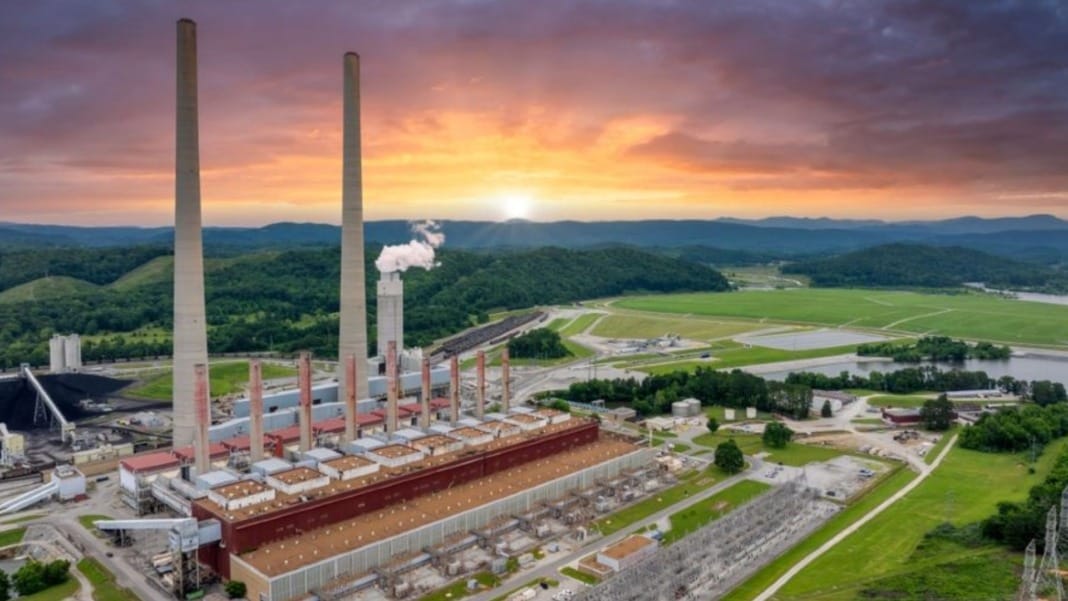In a major step towards cleaner energy, Meta has partnered with geothermal startup XGS Energy to develop a 150-megawatt geothermal power plant in New Mexico. While not a power purchase agreement yet, the deal signals Meta’s growing interest in supporting advanced geothermal technology.
Meta shows growing interest in clean energy solutions
If you’re following the future of clean energy, this new move from Meta might catch your attention. On June 13, the tech giant confirmed a collaboration with XGS Energy to explore the development of a large-scale geothermal power project. Although neither company has revealed the plant’s exact location nor whether Meta will directly purchase energy from it, a spokesperson clarified that the partnership is meant “to advance geothermal energy development” in the state.
This signals Meta’s increasing involvement in renewable energy efforts, especially those capable of delivering consistent and emissions-free electricity—vital for the power-hungry data centres it operates globally.
What makes geothermal so appealing to tech companies?
You may wonder why tech companies are suddenly so interested in geothermal energy. Unlike solar and wind, geothermal can generate power 24/7 with zero emissions. This makes it a particularly attractive option for large-scale operations like data centres, which require constant and reliable energy supplies.
And you’re not alone if you’ve noticed a trend. The geothermal sector has gained traction among tech firms, investors, and developers. According to research from the Rhodium Group, advanced geothermal could meet nearly two-thirds of the expected electricity demand from new data centres in the U.S. by 2030.
What sets advanced geothermal apart is its drilling depth. By drilling deeper into the earth’s crust, these systems can reach much hotter rock formations, boosting efficiency and output.
XGS Energy’s unique approach to geothermal
XGS Energy takes a slightly different route from other geothermal startups. Most companies use an “open loop” system, where water is injected into one well and pulled out of another after it flows through underground rock fractures. This method can lead to water loss over time.
But with XGS, the water stays in a closed loop within a sealed well. The company also uses a special mud-like material around the casing of the well to transfer heat from the surrounding rock into the loop. This innovation reduces water usage and could improve energy output.
This partnership with Meta is just the latest in a series of deals in the geothermal space. On June 12, Fervo Energy secured US$206 million in funding to continue its Cape Station project, which will become the world’s largest geothermal plant. There’s also talk that Fervo could go public next year.
Meanwhile, Google has been active in this space as well. In April, the company announced a 10 MW geothermal purchase from Baseload Capital to power its operations in Taiwan. Google also has an existing agreement with Fervo for its data centres in Nevada.
XGS Energy has been building momentum since raising US$20 million in Series A funding last year, which helped them develop a commercial prototype in California. This new partnership with Meta could be their biggest step yet.
If successful, it may help pave the way for more tech companies to embrace geothermal energy and perhaps bring this clean, round-the-clock power source into the mainstream.






